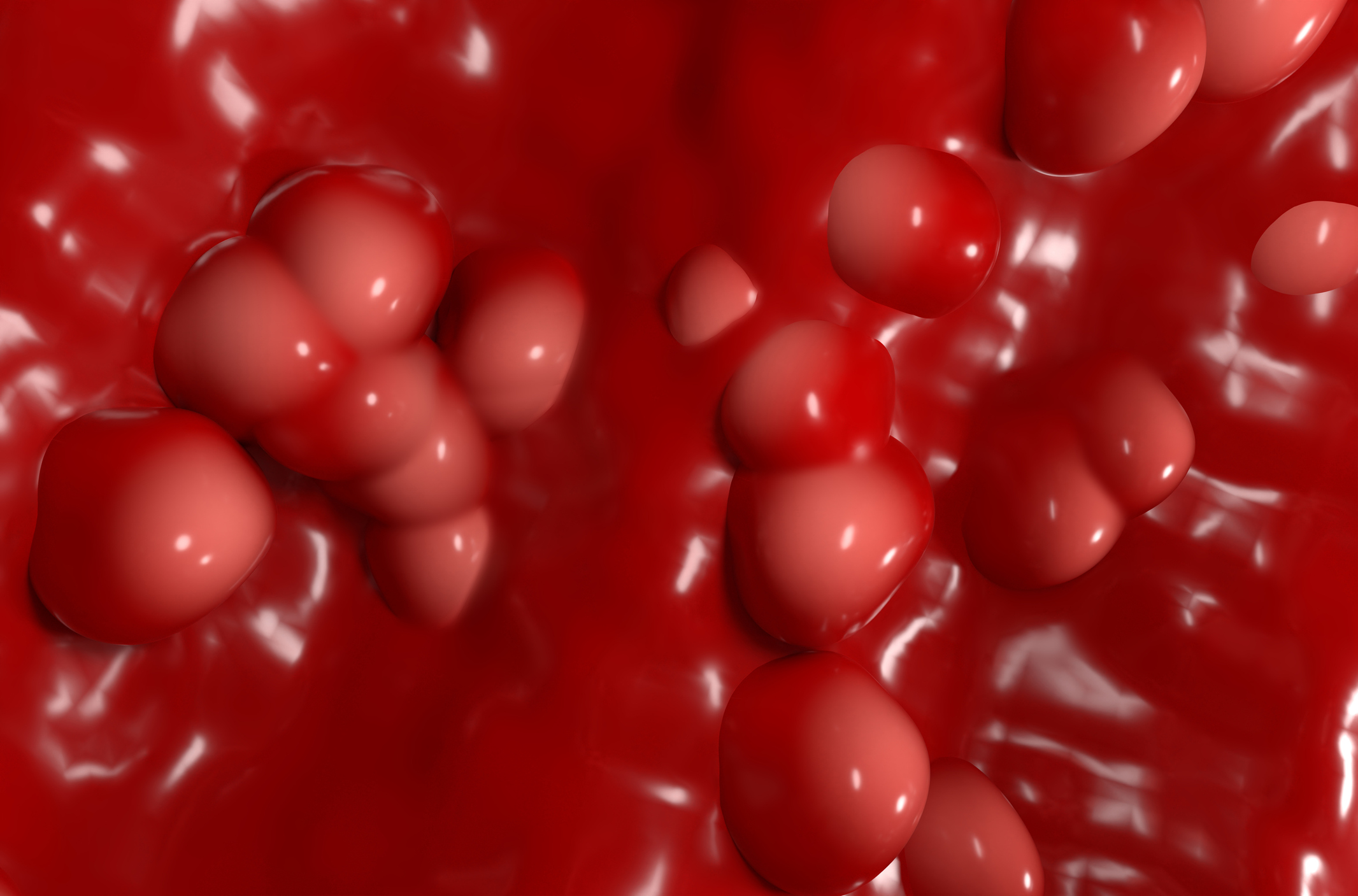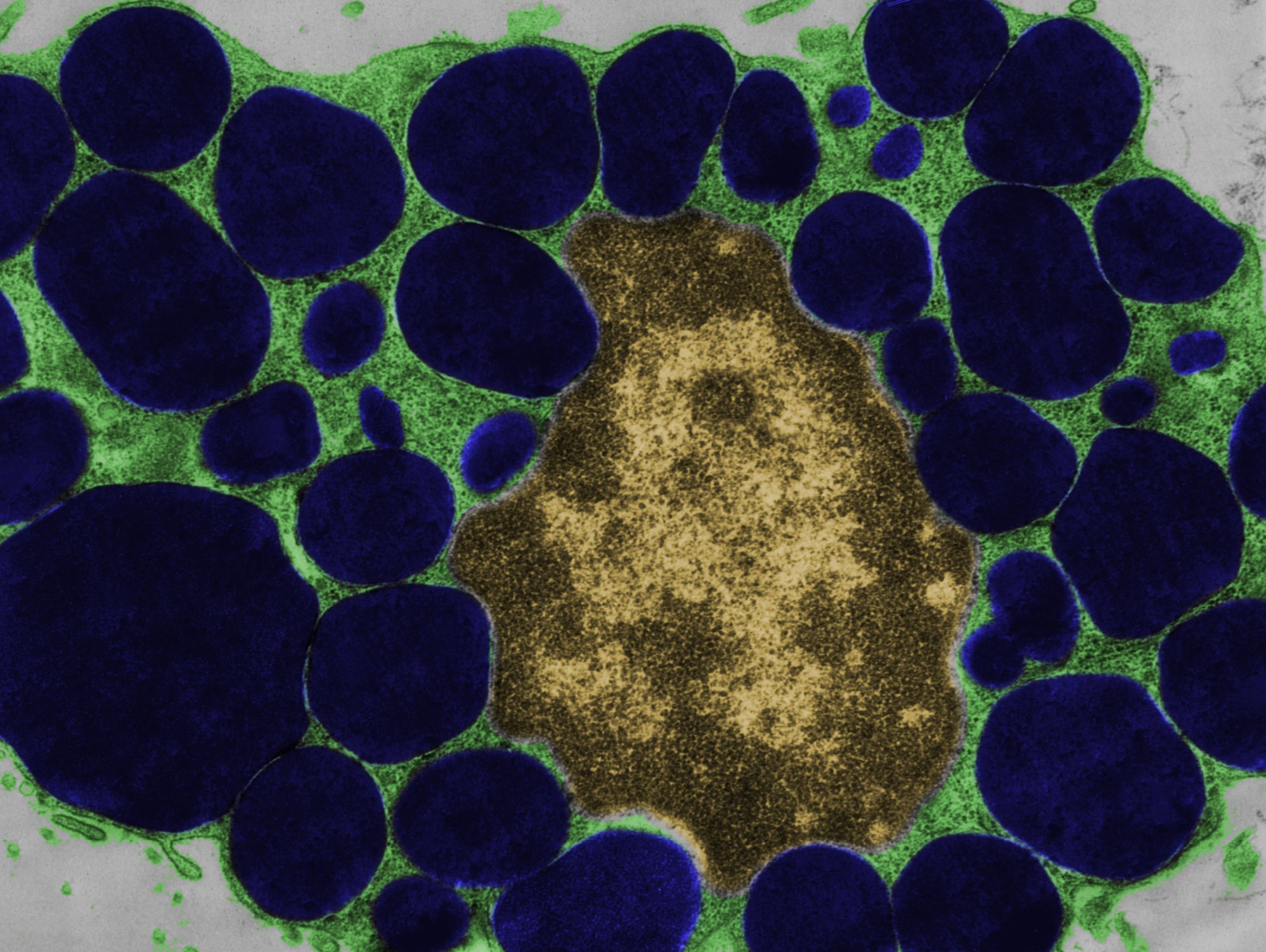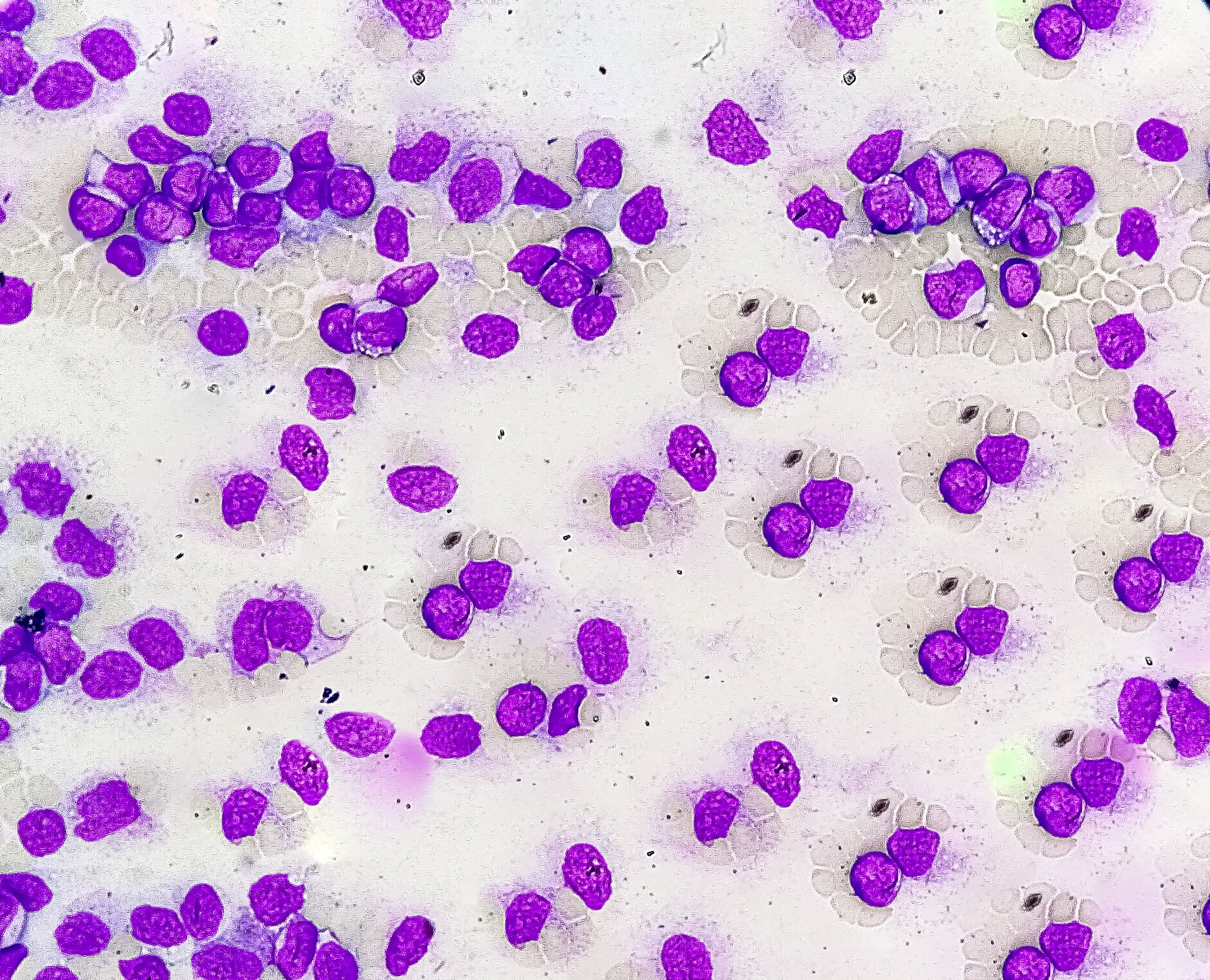Patients with multiple sclerosis acquire disability either through relapse-associated deterioration (RAW) or relapse-independent progression (PIRA). One study now addressed the questions of how early progression begins in the course of the disease and to what extent multiple sclerosis therapies can delay the increase in disability.
There are two main mechanisms by which patients with multiple sclerosis acquire disability. The gradual increase in impairment due to incomplete recovery from a relapse, i.e., relapse-associated worsening (RAW) and relapse-independent progression (PIRA). While the former is considered the main cause of permanent disability in relapsing-remitting multiple sclerosis, the latter is thought to be the cause of the gradual progression typical of primary and secondary progressive multiple sclerosis (PPMS and SPMS).
While the role of clinical relapses in diagnosis is undisputed and their impact on patient quality of life is indisputable, the involvement of clinical relapses in long-term prognosis has been questioned. In studies of the natural history of the disease, patients with and without relapses showed similar progression, so a common mechanism of progression independent of relapses was suspected. However, recent population-based studies have confirmed that relapses play a role in the transition time from relapsing-remitting multiple sclerosis (RRMS) to SPMS (with poor recovery from relapses and a high frequency of early relapses shortening the time to onset of progressive disease), in the accumulation of disability in both early and late RRMS, and even in progressive disease. Thus, the quantitative importance of relapses and progression in the accumulation of disability at different stages of multiple sclerosis requires further investigation.
Data pool analysis underscores early therapy initiation
Using the Novartis-Oxford Multiple Sclerosis (NO.MS) data pool, which includes all multiple sclerosis and pediatric multiple sclerosis phenotypes, approximately 200 000 Expanded Disability Status Scale (EDSS) transitions were evaluated from more than 27 000 patients with a follow-up of ≤15 years. Three datasets were analyzed: a full analysis dataset including all observational studies and randomized controlled clinical trials evaluating disability and relapses (n=27 328); all phase 3 clinical trials (n=8346); and all placebo-controlled phase 3 clinical trials (n=4970). This involved determining the relative importance of RAW and PIRA, examining the role of relapse on overall disability worsening using Andersen-Gill models, and observing the effects of the mechanism of worsening and disease-modifying therapies on time to milestone disability levels using continuous-time Markov models.
PIRA was found to begin early in the disease course, to occur in all phenotypes, and to become the major factor in increasing disability in the progressive phase of the disease. Relapses significantly increased the risk of worsening overall disability. After a year in which relapses occurred (compared with a year without relapses), the risk increased by 31-48%. Pre-existing disabilities and older age were the most important risk factors for incomplete relapse recovery. Placebo-treated patients with minimal disability (EDSS 1) took 8.95 years to experience increasing walking limitation (EDSS 4) and 18.48 years to require walking aids (EDSS 6). Treating patients with disease-modifying therapies significantly delayed these times by 3.51 years and 3.09 years, respectively. Among patients with relapsing-remitting multiple sclerosis, those in whom the disease worsened solely because of RAW events took a similar amount of time to reach EDSS milestone scores as those with PIRA events. The most rapid transitions were observed in patients with PIRA and superimposed relapses. The data confirm that relapses contribute to the accumulation of disability, especially in the early phase of multiple sclerosis. The use of disease-modifying therapies delays the onset of disability by years, with the potential to buy time being greatest in the earliest stages of multiple sclerosis.
Further reading:
- Lublin FD, Häring DA, Ganjgahi H et al. How patients with multiple sclerosis acquire disability. Brain 2022; 145(9): 3147-3161.
InFo NEUROLOGY & PSYCHIATRY 2023; 21(1): 34.











